Question: Why BOTTLED lemon juice?
girlgroupgirl
13 years ago
Related Stories
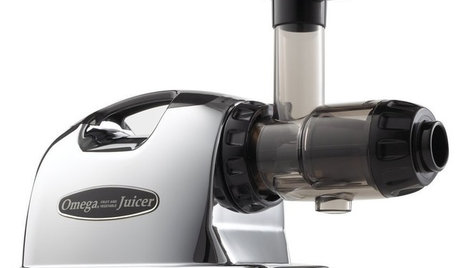
PRODUCT PICKSGuest Picks: Get Juicing
Stay hydrated and healthy with these tools and accessories for juicing fruits and vegetables right at home
Full Story
KITCHEN DESIGN9 Questions to Ask When Planning a Kitchen Pantry
Avoid blunders and get the storage space and layout you need by asking these questions before you begin
Full Story
REMODELING GUIDES9 Hard Questions to Ask When Shopping for Stone
Learn all about stone sizes, cracks, color issues and more so problems don't chip away at your design happiness later
Full Story
FEEL-GOOD HOMEThe Question That Can Make You Love Your Home More
Change your relationship with your house for the better by focusing on the answer to something designers often ask
Full Story
GARDENING GUIDESHow to Keep Your Citrus Trees Well Fed and Healthy
Ripe for some citrus fertilizer know-how? This mini guide will help your lemon, orange and grapefruit trees flourish
Full Story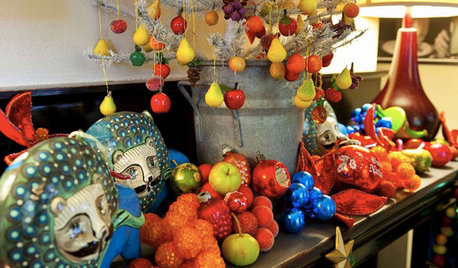
HOLIDAYS25 Gorgeous Holiday Mantels by Houzzers
Laden with boughs, lights and even lemons, these decorated fireplace mantels show a festive Christmas spirit and a creative approach
Full Story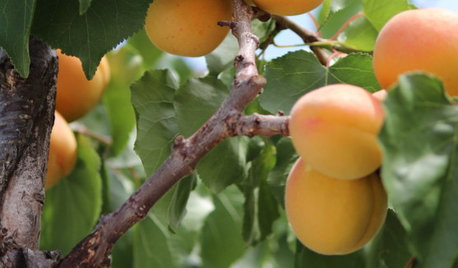
FARM YOUR YARDIf You Have Room for Only One Fruit Tree ...
Juice up a small garden with one of these easier-care or worth-the-effort fruit trees for a mild climate
Full Story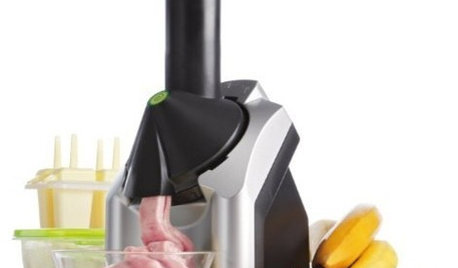
PRODUCT PICKSGuest Picks: An Arsenal of Tools for Healthy Eating
Make cooking and juicing easier whether you follow a vegetarian, vegan, Paleo, primal or other diet
Full Story
FUN HOUZZHouzz Quiz: What's Your Decorating Style?
Answer these 9 questions to find out what decorating style suits you best
Full Story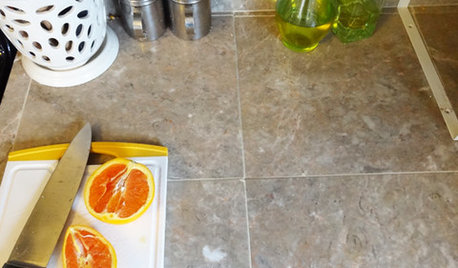
HOUSEKEEPINGHow to Clean Grout — Stains and All
If your grout is grossing you out, this deep-cleaning method will help it look new again
Full StoryMore Discussions






digdirt2
Linda_Lou
Related Professionals
Bridgetown Landscape Architects & Landscape Designers · Franconia Landscape Architects & Landscape Designers · Oconomowoc Landscape Architects & Landscape Designers · Pottstown Landscape Contractors · Hicksville Landscape Contractors · Lynn Landscape Contractors · Pomona Landscape Contractors · San Carlos Park Landscape Contractors · Twin Falls Landscape Contractors · Brentwood Roofing & Gutters · Joliet Roofing & Gutters · Walnut Creek Roofing & Gutters · Aurora Driveway Installation & Maintenance · Grand Rapids Driveway Installation & Maintenance · Los Gatos Driveway Installation & MaintenancegirlgroupgirlOriginal Author
kayskats
readinglady
girlgroupgirlOriginal Author
kayskats
digdirt2
readinglady
girlgroupgirlOriginal Author
readinglady
girlgroupgirlOriginal Author
digdirt2
mockturtle
Linda_Lou
readinglady
cinsay
jude31
kayskats
digdirt2
jude31
jude31
dcleo
digdirt2
readinglady
dcleo
digdirt2
mom2wildboys
readinglady
dcleo
lisapat
readinglady
digdirt2
cinsay
readinglady
cinsay
foothillfarm
digdirt2